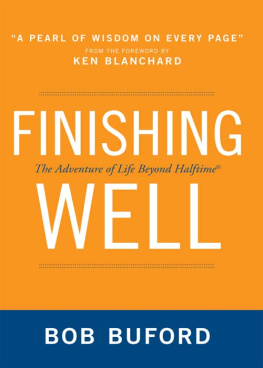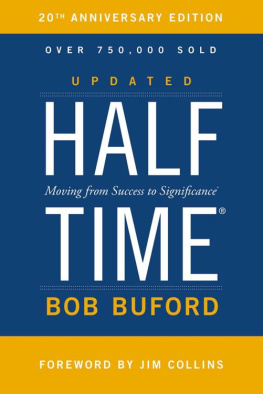Buford Rhea - The Future of the Sociological Classics (RLE Social Theory)
Here you can read online Buford Rhea - The Future of the Sociological Classics (RLE Social Theory) full text of the book (entire story) in english for free. Download pdf and epub, get meaning, cover and reviews about this ebook. year: 2015, publisher: Taylor & Francis, genre: Politics. Description of the work, (preface) as well as reviews are available. Best literature library LitArk.com created for fans of good reading and offers a wide selection of genres:
Romance novel
Science fiction
Adventure
Detective
Science
History
Home and family
Prose
Art
Politics
Computer
Non-fiction
Religion
Business
Children
Humor
Choose a favorite category and find really read worthwhile books. Enjoy immersion in the world of imagination, feel the emotions of the characters or learn something new for yourself, make an fascinating discovery.

- Book:The Future of the Sociological Classics (RLE Social Theory)
- Author:
- Publisher:Taylor & Francis
- Genre:
- Year:2015
- Rating:3 / 5
- Favourites:Add to favourites
- Your mark:
- 60
- 1
- 2
- 3
- 4
- 5
The Future of the Sociological Classics (RLE Social Theory): summary, description and annotation
We offer to read an annotation, description, summary or preface (depends on what the author of the book "The Future of the Sociological Classics (RLE Social Theory)" wrote himself). If you haven't found the necessary information about the book — write in the comments, we will try to find it.
Buford Rhea: author's other books
Who wrote The Future of the Sociological Classics (RLE Social Theory)? Find out the surname, the name of the author of the book and a list of all author's works by series.
The Future of the Sociological Classics (RLE Social Theory) — read online for free the complete book (whole text) full work
Below is the text of the book, divided by pages. System saving the place of the last page read, allows you to conveniently read the book "The Future of the Sociological Classics (RLE Social Theory)" online for free, without having to search again every time where you left off. Put a bookmark, and you can go to the page where you finished reading at any time.
Font size:
Interval:
Bookmark:

BUFORD RHEA

by Routledge
2 Park Square, Milton Park, Abingdon, Oxon, OX14 4RN
52 Vanderbilt Avenue, New York, NY 10017
A catalogue record for this book is available from the British Library
eISBN: 978-1-315-76997-4 (Set)
ISBN: 978-1-138-78309-6 (Volume 27)
The publisher has gone to great lengths to ensure the quality of this reprint but points out that some imperfections in the original copies may be apparent.
The publisher has made every effort to trace copyright holders and would welcome correspondence from those they have been unable to trace.
BUFORD RHEA

This book is copyright under the Berne Convention. No reproduction without permission. All rights reserved.
Park Lane, Hemel Hempstead, Herts HP2 4TE, UK
9 Winchester Terrace, Winchester, Mass 01890, USA
8 Napier Street. North Sydney, NSW 2060, Australia
The Future of the sociological classics.
1. Sociology
I. Rhea, Buford
301 HM51
ISBN 0-04-301136-5 ISBN 0-04-301137-3 Pbk
The Future of the sociological classics.
Bibliography: p.
Includes index.
Contents: Karl Max / Irving M. Zeitlin - Hobbes, Toennies, Vico / Werner J. Cahnman - Max Weber and contemporary sociology / Dennis H. Wrong - [etc.]
1. Sociology - Addresses, essays, lectures. 2. Sociologists - History. I. Rhea, Buford.
HM51.F9 301 81-10879
ISBN 0-04-301136-5 AACR2
ISBN 0-04-301137-3 (pbk.)
and printed in Great Britain
by Biddies Ltd, Guildford, Surrey
Font size:
Interval:
Bookmark:
Similar books «The Future of the Sociological Classics (RLE Social Theory)»
Look at similar books to The Future of the Sociological Classics (RLE Social Theory). We have selected literature similar in name and meaning in the hope of providing readers with more options to find new, interesting, not yet read works.
Discussion, reviews of the book The Future of the Sociological Classics (RLE Social Theory) and just readers' own opinions. Leave your comments, write what you think about the work, its meaning or the main characters. Specify what exactly you liked and what you didn't like, and why you think so.



